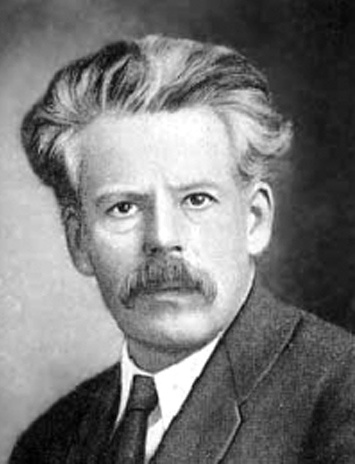Slutsky, Yevhen
Slutsky, Yevhen or Yevgenii [Слуцький, Євген; Sluc'kyj, Jevhen], b 19 April 1880 in Novoe, Yaroslavl gubernia, Russia, d 10 March 1948 in Moscow. Economist, mathematician, and statistician. After graduating in economics from Kyiv University (MA, 1911) he taught economics and statistics at the Kyiv Commercial Institute (1913–26). Then he worked in Moscow at the Institute for the Study of Business Cycles (1926–30), the Central Institute of Meteorology (1930–8), and the Institute of Mathematics of the USSR Academy of Sciences (1938–48). Slutsky made fundamental contributions to economics and mathematics: he built the basis for modern indifference-curve analysis with its income and substitution effects (1915), developed the theory of stochastic processes and applied it to economic cycles (1927), and reformulated the fundamental concept of economics as part of the general theory of purposive action on praxeology (1925). His work in economics influenced O. Lange and the Polish praxeologist T. Kotarbiński. In mathematics he made an important contribution to probability theory.
[This article originally appeared in the Encyclopedia of Ukraine, vol. 4 (1993).]

